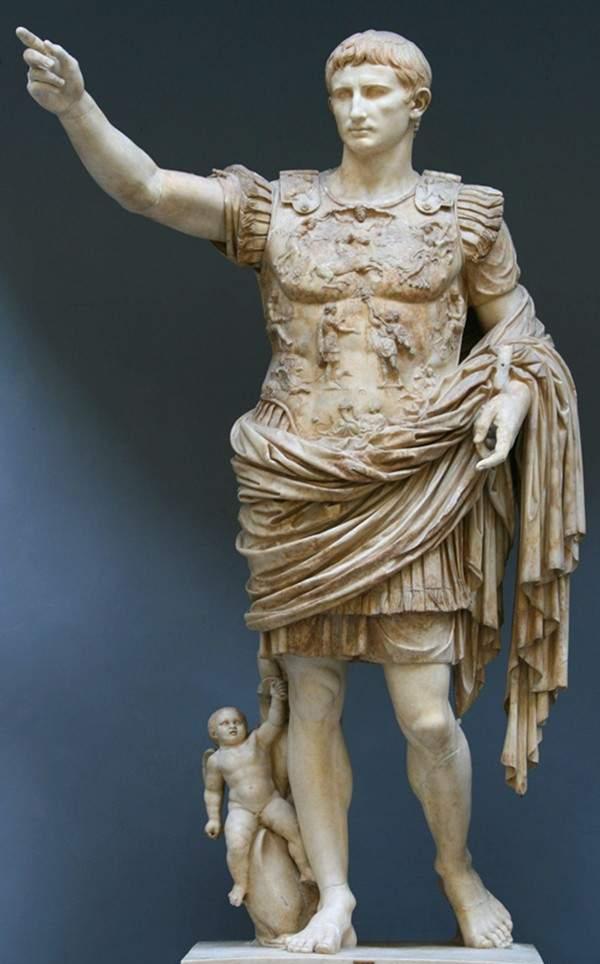On January 16, 27 BC, Octavian was given the title of 'Augustus'', which originally meant supreme, divine and noble, and although it sounded like a high title, it had no actual rights. But Augustus later became the title of Roman Emperor, so it can be said that the Roman Empire was born from this moment.
We know that the establishment of a country is inseparable from political, economic, cultural and other factors, and we will analyze the factors for the establishment of the Roman Empire from three aspects.

First, economic factors
It is said that the economy is the foundation, so let's start with economic factors.
Before the Empire, that is, during the Roman Republic, when the economy was mainly dependent on slaves, the slave class was the main producer of social means of production, but with the outbreak of the Spartacus slave revolt, the economy was greatly reduced, and the Roman Republic was notoriously aristocratic, so this caused the dissatisfaction of many big slave owners, so they came up with a new method of exploiting slaves, that is, serfdom (status hereditary; unlike slaves, serfs have the right to own the means of production, but they can not have it The lord had a legal right to command the serfs, including judicial power. Serfdom and feudal absolutism are complementary to each other, and feudal despotism must have a monarch, centralized power, and from this point on the Roman Empire has taken shape.
Second, political factors
Before the Roman Empire was the Roman Republic, to the late Roman Republic of social unrest, the situation was chaotic, after 72 BC Rome broke out a vigorous Spartacus slave revolt, which is a slave class rebellion and struggle movement, its length, scope, and number of people are unprecedented in the ancient world, although this uprising was finally suppressed, but it dealt a heavy blow to the rule of the Roman slave-owning class. This uprising led to the rise of the warlords, and the leaders of the army gradually took power and began to threaten the position of the Senate, so that the upper echelons of the Roman Republic became more and more decayed, which made the people below have a reaction, and the republic declined more and more, and played a traction role in the establishment of the empire behind.
Third, cultural factors
The political system created by Augustus, historically known as the Führer system, was in fact an imperial system in the name of the republic. During his reign, he implemented a series of positive reforms that promoted economic and social development. And expanded outwards, so that the northern frontier of the empire reached the Rhine and Danube rivers.
In any case, the establishment of any country has political, economic and cultural prerequisites